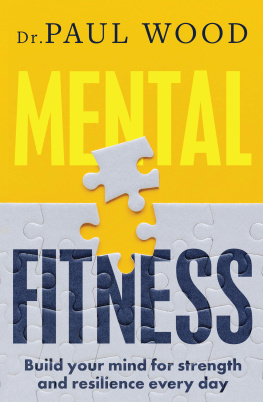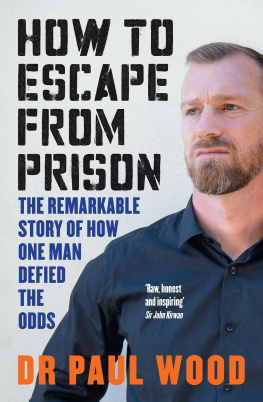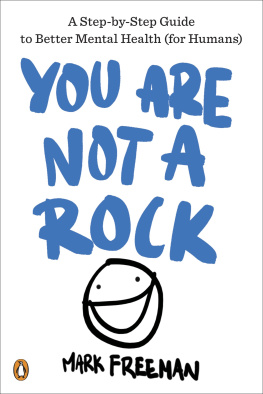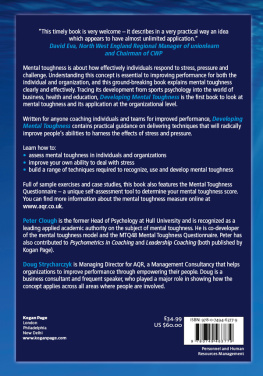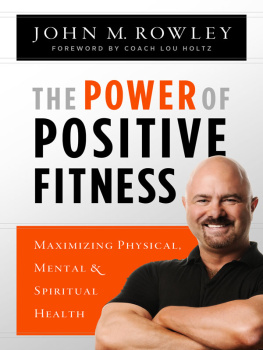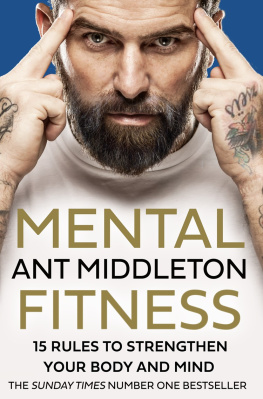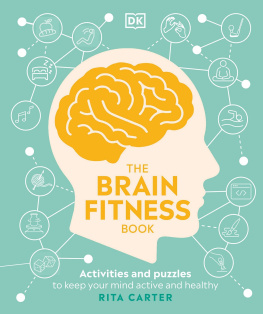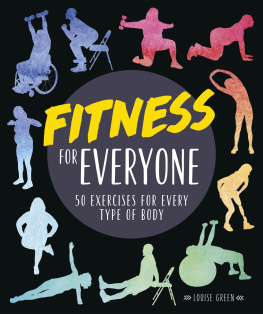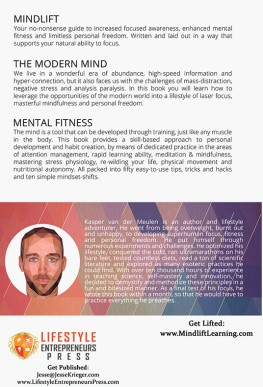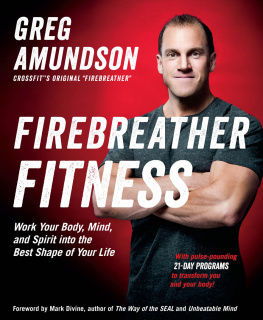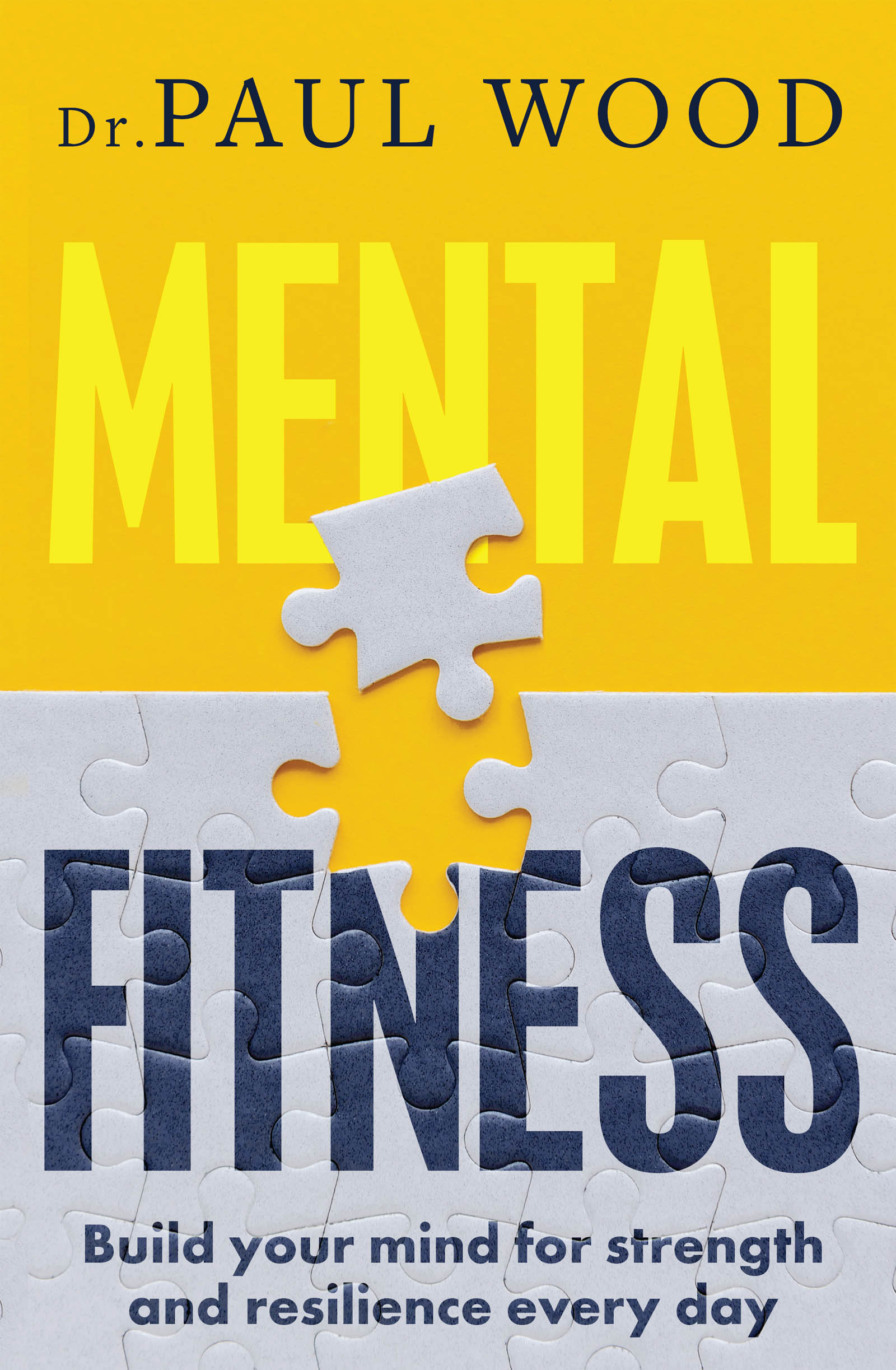CONTENTS
Guide
For my wife Mary-Ann and our sons Braxton and Gordy.
You give my life meaning.
CONTENTS
My name is Paul Wood.
My story to date is relatively well known. I was born in Wellington and grew up in Karori, a fairly average New Zealand suburb. I was lucky enough to come from a good home, with two parents, and while we werent wealthy, we never went hungry or wanted for any of the basics. I have three brothers, and I was on good if often robust terms with all of them. I went to a good college, until we parted company on mutually agreed terms.
But I was what psychologists call a high sensation-seeker. I was attracted to physical risk and wasnt too fussed about which side of the law I found it on. I was already involved in petty crime by the time I was 12, and within a couple of years of that I was no stranger to substance abuse.
I also had a tragically mistaken view of what it was to be a man. I was conditioned by my upbringing and by prevailing social attitudes to believe that to be masculine was to be physically, mentally and emotionally invulnerable. Anything short of these ideals physical weakness, or mental or emotional vulnerability was contemptible. I now realise that real strength comes through managing such oh so human vulnerabilities, not in denying them. I wasnt the biggest kid at school, but from as early as I can remember I wanted to be the toughest, and I was drawn to sports that featured lots of physical confrontation: I got involved in martial arts and I played rugby league. When I thought of the future (which wasnt that often), I dreamed of a career in the Army definitely infantry, probably Special Forces.
By the time I was in my mid-teens, I was veering off the rails. I was fighting a lot in order to prove myself to myself and win the respect of my mates, and was on the fringes of gang culture. I was doing more and harder drugs, particularly opiates. And my criminal activity was escalating as I chose the company of antisocial associates.
My mother had been diagnosed with breast cancer, and my parents were wholly absorbed with her treatment and recovery at precisely the time I probably needed reining in which is not in any way laying the blame at their doorstep, but rather a recognition of the fact that probably the only chance that anyone had of pulling me back into line was missed. Even then, it was only a slim chance. I was a teenage boy, after all: cocky, bulletproof and attracted to chaos.
I had a girlfriend around then, and when I was finally dragged into court on burglary charges, her parents saw enough potential in me to attempt an intervention. They were leaving New Zealand for their native Chile, and by offering to take me with them, they helped me dodge the sentence that was otherwise inevitable. I was 14. I lived with them in Chile for the best part of a year before Dad called to tell me that Mums cancer had returned and this time it was terminal. It was time to come home.
Back in New Zealand, I wasted little time in reconnecting with the same old group of dodgy mates and falling back into drug abuse and criminality. Meanwhile, Mums condition deteriorated. She lived longer than expected, and died when I was 18.
Three days later, I found myself in a situation with which I was woefully ill-equipped to deal. The man from whom I had been buying drugs engineered an excuse to be alone with me in my flat, then made a forceful sexual advance on me when I was high on morphine. I had been sexually abused when I was 13, and had repressed rather than come to terms with that experience. All of the anger, pain and confusion arising from that life event, the intensity of the grief I felt at my mothers death, a million other frustrations and disappointments... these all contributed to what happened next. I reacted violently, and by the time I had finished, I had beaten a man to death. There was a point where I had defended myself, but instead of then letting him leave, I chose to take actions that ended his life.
I was arrested, charged, tried and sentenced to life imprisonment. Over the next 11 years, I spent time in some of New Zealands toughest prisons. For well over half of my sentence, I was far from a model prisoner: I spent my entire time doing drugs to avoid contemplating my situation, and planning to escape so that I could resume the life of crime, drug-taking and mayhem for which it seemed I was destined. For this reason, I was regularly in trouble, and spent lots of time in solitary confinement.
Nothing about my story to this point is that different to the stories of many of those with whom I was in prison and shared cells (apart, perhaps, from the fact that my home life gave me less reason to be in prison). And I could so easily have shared the future of most of them, too: the dismal cycle of release, recidivist offending, re-imprisonment. But through luck as much as through anything else, my path crossed those of some people who encouraged me to begin to look at my life and prospects in a different light.
One of these men asked me to predict whether, if he dropped them from the same height, a heavier or a lighter object would hit the floor first. He held out a scrunched-up ball of paper in one hand and a tennis ball in the other.
Well, any moron knew that the heavier object would fall faster, didnt they?
He had to perform the experiment twice, and I had to perform it for myself to ensure there was no trick, before I could believe the evidence of my eyes, which flatly contradicted what I had believed. I had just been introduced to the Galilean principle of gravity it is not the weight of the objects that determined how fast they fell, but rather the equally experienced gravitational pull of the earth. And that was the start of it, really. If I could be so profoundly wrong about something of which I was so staunchly convinced, which other deep-rooted beliefs did I hold that were also wrong? Perhaps some of my beliefs about myself and my potential were wrong, too.
With the encouragement of several of the positive influences who were around me at the time, I enrolled in a university course. I wasnt thinking noble thoughts of rehabilitation or anything like that; my original plan was to do a legal executive course so that I could more effectively argue my own case in my many grievance and disciplinary hearings against the prison authorities. Nor did I have high expectations: I had put little effort in at school and had failed to achieve; many of my teachers had assured me I was useless, and that had reinforced my belief that there was no point in trying. It was what psychologists call a vicious cycle or a negative feedback loop, and its a common enough example of one, too.
But the first assignment I did for my extramural university course ignorant, nave and chaotic as it seems to me now got a pass mark, and that was a revelation. That little dose of affirmation left me craving more, and I began to put more effort into my reading and thinking. More than that, I found myself actually enjoying reading and thinking in their own right. It was whats called a virtuous cycle or a positive feedback loop: the more I enjoyed the work, the more effort I put in, and the better my marks became, which encouraged me to put more effort in. The fact that your outcomes are directly related to the work you put in is going to be a key theme of the book you are about to read.

